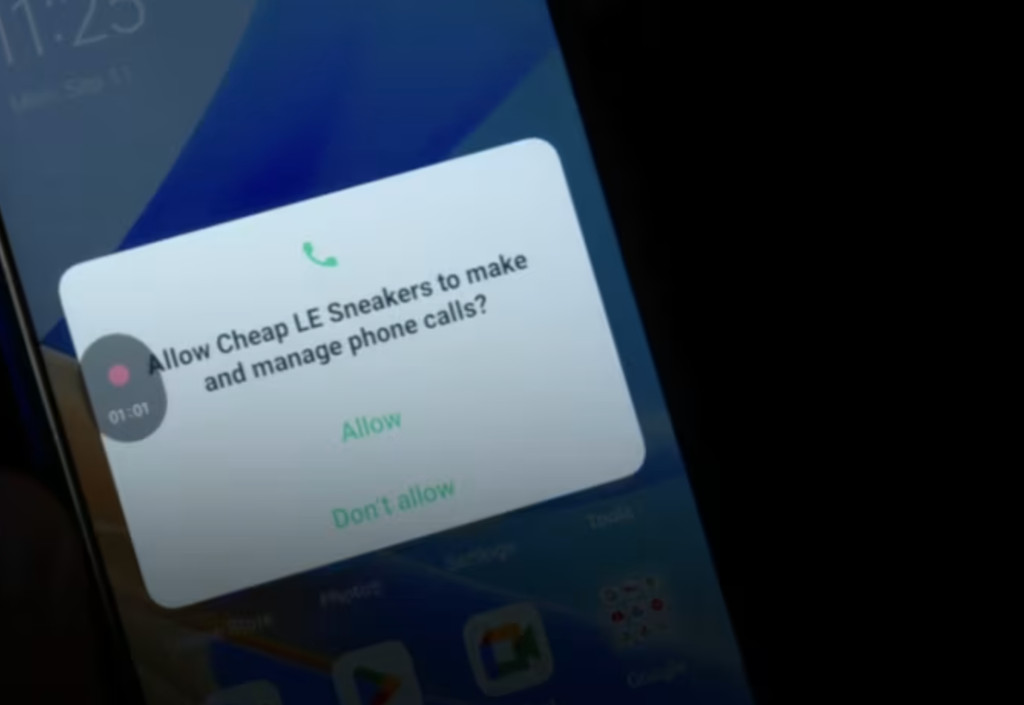In the relentless landscape of cybersecurity, a staggering half a million malware applications emerge daily, orchestrated by elusive individuals with malicious intent. Unraveling the mystery behind these virtual threats, CNA’s Talking Point delves into Vietnam, a global hub for cybercrime, to unearth the surprising reality that the architect of a malware app could be as young as a tech-savvy teenager armed with nothing but a computer.
Venturing into the heart of this digital underworld, the program spotlights Ngo Minh Hieu, a cyber threat hunter at Vietnam’s National Cyber Security Centre. In a mere hour, Hieu can craft malevolent software capable of infiltrating a victim’s phone, gaining access to every facet of their digital life—from camera and messages to calls and location.
The cyber battleground extends beyond borders, with Vietnam experiencing a 64% surge in online fraud in the first half of the year. Nguyen Quang Dong, director of the Institute for Policy Studies and Media Development, identifies the surge in malware-related incidents as a key contributor to Vietnam’s inclusion among the world’s top 10 cybercrime hotspots.
Singapore, too, grapples with the repercussions of this digital epidemic, as malware scams linked to over 1,400 victims resulted in a staggering loss of S$20.6 million between January and August. The perpetrators, often identified as teenagers, play the role of money mules, facilitating the laundering of ill-gotten gains for larger syndicates operating from neighboring countries.
Dong sheds light on the situation in Vietnam, where a younger demographic dominates the realm of malware scams. Fueled by a robust education system that mandates computer science from an early age, Vietnam boasts one of Asia’s premier talent pools in high-tech proficiency.
The story takes an unexpected turn as Hieu, once a perpetrator himself, transitions from a teenage hacker “just for fun” to a cyber threat hunter. His journey, marked by a stint stealing credit card details and eventually orchestrating a large-scale data breach, culminated in a prison sentence. Released in 2019 for good behavior, Hieu redirected his skills to join the government’s pursuit of cyber criminals.
Malware creation has become so commonplace that public tools, akin to an online salad bar, allow hackers to customize their malicious apps effortlessly. Hacking resources abound on platforms like Telegram, where scammers exchange tips and tricks. The rise of “malware as a service” further commodifies cyber threats, enabling scammers to acquire pre-built malware for a fee.
The arms race between cybersecurity and cyber threats intensifies, with new, invisible-to-antivirus malware posing a significant challenge. Hieu warns that security features on phones will never achieve 100% effectiveness against the rapid proliferation of malware, emphasizing the need for continual vigilance.
As authorities in Vietnam and Singapore fortify their cyber defenses, the battle against cybercrime unfolds on multiple fronts. Initiatives such as Vietnam’s cybersecurity surveillance campaigns and Singapore’s proposed framework for sharing losses arising from scams signal a concerted effort to curb the rising tide of digital malfeasance.
In this evolving landscape, the pursuit of cyber safety becomes a collective responsibility, requiring awareness and collaboration among governments, businesses, and individuals alike. The story of malware and its perpetrators serves as a stark reminder that in the age of interconnected digital lives, the quest for security is an ongoing narrative with no endpoint in sight.



